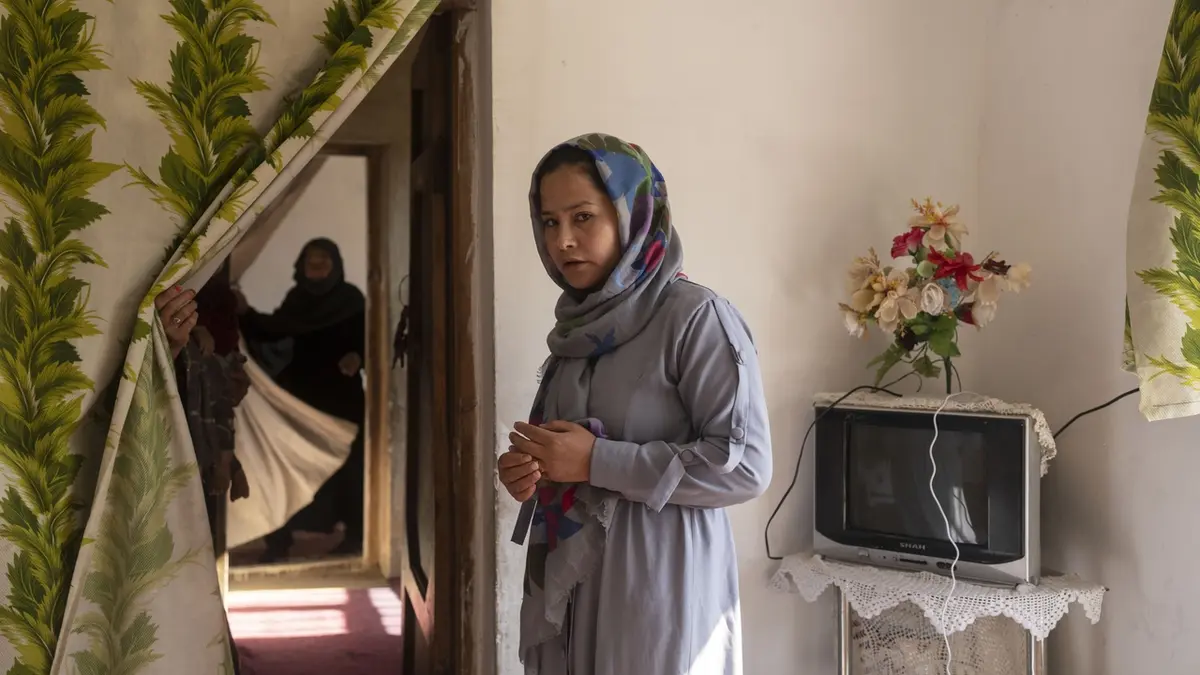The decision was issued by the Taliban’s Office for the Promotion and Prevention of Virtue of Virtue, which replaced the Ministry of Women’s Affairs. He published eight rules.
According to the BBC and Kabul’s jurist.org bulletins, these are very serious restrictions.
Films that go against Sharia law and the principles of Afghan society will be banned. It is forbidden not only to publish images of the prophets, but also images of half-naked men.
The program will not be able to criticize community leaders. So far, this has been done through comedy shows and entertainment shows. If these programs are religiously offensive or could be deemed offensive, they will also be banned.
Films that promote foreign cultural values may not be shown.
Although journalists and presenters can continue to work on television, they must wear the hijab.
Restrictions will force television to shut down
A representative from the Association of Journalists in Hajjulullah Mujahideen told the BBC that the announcement of the new restrictions was unexpected. He added that some regulations could not be enforced. And if introduced, it would force TV stations to close.
The BBC notes that Afghan stations mostly broadcast foreign serials, where the main characters are women.
The jurist.org journalist recalled that there were twenty private television stations and two government stations in Afghanistan. Since the rise of the Taliban, programming has changed dramatically, with music and entertainment programs replacing religious and political programs.
The BBC also cited voices that the regulations were unclear and it was not clear how they would be interpreted.
Is it a total ban on series with female characters, or just where women are in the lead role. It is also unclear exactly how the hair of the journalists should be covered.
National Bank of Afghanistan
Photo: Jorge Silva, Reuters
Bank on the verge of collapse
The Taliban came with the ban at a time when the country was on the verge of collapse. The United Nations warned on Monday that Afghanistan’s banking system could completely collapse within months.
According to him, Afghan banks need to be supported as the number of people unable to repay loans increases. The number of non-performing loans has doubled since August.
Deposits fall and cash is lost. Of the four billion Afghans printed, only half a billion is in circulation, Abdallah Dardari, head of the United Nations development program for Afghanistan, told Reuters. “The rest is under the pillow because people are afraid,” said Dardari.
In addition, foreign assets of at least $9 billion have been frozen and solutions are difficult, Dardari said. “We need to find a way to ensure that if we support the banking sector, it will not support the Taliban,” Dardari added.
According to him, Afghanistan’s banking system could collapse within six months, and this is still an optimistic assumption.
The country is also at risk of starvation, especially children who are at risk of malnutrition.

“Unapologetic social media guru. General reader. Incurable pop culture specialist.”







